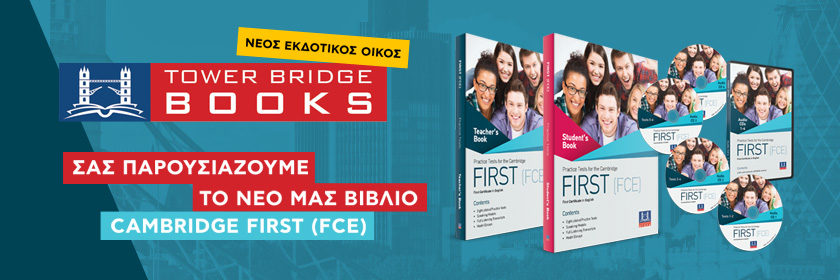In the same month, a Voice of America News article reported on Korea, noting that “Sixty Years After Division, Korean Language Has Gone in Separate Directions.” Over the past 10-20 years, language and ethnolinguistic identity issues have come to play an increasingly important role in domestic internal politics across the globe: in Israel, between Hebrew and Arabic speaking populations; in Spain, where Catalan speakers are newly vocal about autonomy; with the Kurdish speakers of Turkey, Syria, Iraq, and Iran; and with Libya’s Berber speaking southern minority. The list could go on and highlights the fact that language and ethnolinguistic identity play an increasingly important role in defining and exacerbating conflicts in a post-colonial and post-Cold War world.
The resurgent salience of ethnolinguistically motivated conflict is somewhat unexpected, and even now not fully appreciated. When Language Conflict and Language Rights (Cambridge University Press 2018) was first imagined by its authors (William D. Davies and myself), they were simply seeking to write a book that would serve a course on Language Rights that Bill (Davies) had begun to teach at the University of Iowa. This was back in 2009-2010. In the intervening years, the number and intensity of conflicts categorized in the book have increased severalfold, with new ones (and newly sparked old ones) coming into focus on a weekly and monthly basis. As the book went to press, it seemed the world was imitating the book (rather than the book describing the world).
This is not to say that such conflicts were previously unknown. China’s present occupation of Tibet, dating back to 1950, is an ethnic conflict with a long history continuing into the present. And the Nigerian-Biafran Civil War, beginning in 1967 (four years after Nigeria’s independence), was only one of many conflicts to follow the decolonization of Africa. Yet the emergence of so many such conflicts has been slow in coming (though a likely outcome of the receding hegemonies of the Cold War). Following decolonization of the 1960s, the unraveling of the Soviet Union and its hold over East European states, the post-Vietnam War withdrawal of Western powers from Southeast Asia, and the weakening or dissolution of autocratic regimes in North Africa and the Middle East (e.g. Libya, Iraq, Syria, and Yemen) have all opened the way for the emergence (or re-emergence) of long-standing and sometimes violent ethnic conflicts. This development is astutely noted in Robin Fox’s timely book, The Tribal Imagination: Civilization and the Savage Mind (Harvard University Press 2011), wherein he describes the ever more obvious dissonance between national borders and ethnic identification, especially in Third World conflict regions.
With this in mind, as the Language Conflict book was prepared for publication, Bill Davies and I realized that there was much, much more to be done, as regards educating others about the topic, documenting conflict cases, and making such information generally accessible. To address this, we proposed to create an online repository of such information. Bill’s passing in 2017 put the plan out of reach for a time, but soon after, colleagues at my own university stepped up and brought their own energy and imagination to bear upon the matter, leading to projects that would have been inconceivable ten years earlier – the creation of an Encyclopedia of Global Ethnolinguistic Conflict (EGEC) and the formation of a consultancy ConflictAnalytiXTM.
The consultancy, an effort with political scientist Harvey Starr, is in its initial organizational stages, while planning for the EGEC began in 2017 with digital humanities scholar Michael Gavin, and work on it commenced in August 2018. The EGEC will be a source of information about ethnolinguistic conflicts and language rights violations around the world, ultimately growing to several hundred cases, providing useful information to linguists, political scientists, historians, and legal scholars, as well as to students, public school teachers, journalists, and activists. Each conflict entry will provide information about: the parties to the conflict and the conflict itself; the languages/dialects spoken/used by those parties; key conflict events (causal/resolution events, aggravating/ameliorating events); laws, edicts, and constitutional acts pertaining to the conflict. Cases will be geolocated, with search functions filtering conflict type, language (family), state/territory/region, recency, and intensity.
It is our current plan to present the Encyclopedia with some prototyped entries at the January 2019 LSA Annual Meeting in NY, and to have a teaching and testing version of it up and running in time for a course on the topic at the 2019 LSA Linguistic Institute in June-July 2019 at University of California – Davis.
Language Conflict and Language Rights by William D. Davies and Stanley Dubinsky is available now. The Encyclopedia of Global Ethnolinguistic Conflict is a curated digital source of information about ethnolinguistic conflicts and language rights violations around the world, information not readily available elsewhere








